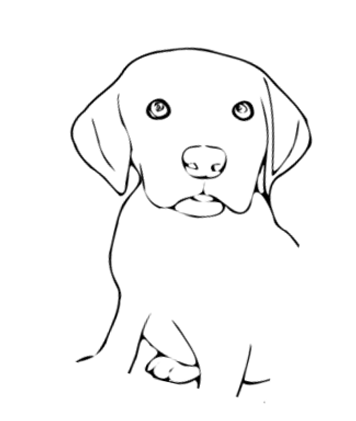Good Puppy Social Club
This program also referred at as “Nothing in Life is Free,” was designed by Dr. Victoria Voith. It’s a useful technique for treating many types of behavioral problems in puppies. It can reduce a variety of attention-getting behaviors and control a puppy that is generally disobedient and overactive. It can also reduce some aspects of assertive behavior and dominance aggression. Many puppies are demanding of their owner’s attention, and while they may not be overly aggressive, are still interested in getting their own way and will jump up, bark, mouth, steal, race around the house, chase their tail or engage in a variety of other behaviors as a way to control the household

As the name suggests, this approach relies on making your puppy earn everything he gets from the family. Before your puppy gets anything; including being let in or out of the house, fed, petted, talked to, or even looked at, he has to obey a command. This can be any of a variety of simple obedience tasks like come, sit, down, or stay. If your puppy obeys promptly he is rewarded with praise, petting, food, and attention; the social interaction and treats that puppies crave. At first, your puppy should be asked to do things that are easy (a brief sit is a good place to start) in a situation where distractions are a minimum. Then, later you can add harder commands (down, long stays, etc.) and give commands where there are outside distractions
If your puppy makes a demand for attention by walking up and soliciting petting, pawing, trying to get in a lap, etc. She should be ignored completely until she responds to a request from you. Puppies, dogs in general, are highly social animals, so withdrawing attention that is given when your puppy demands it will increase her motivation to respond to your requests. The idea is not to give your puppy less attention, but to give it to her on your terms rather than hers.

Consistency is critical to the success of this approach. Your puppy has to learn that he can’t get what he wants until he first does something for you, regardless of which family member is making the request. Occasional free attention or food will be viewed by your puppy as an intermittent pay-off for being in charge, which is really a variable ratio reward for the wrong sort of behavior. This will strongly reinforce the unwanted behavior, making it even harder to change your puppy’s demanding habits.






Leave A Comment